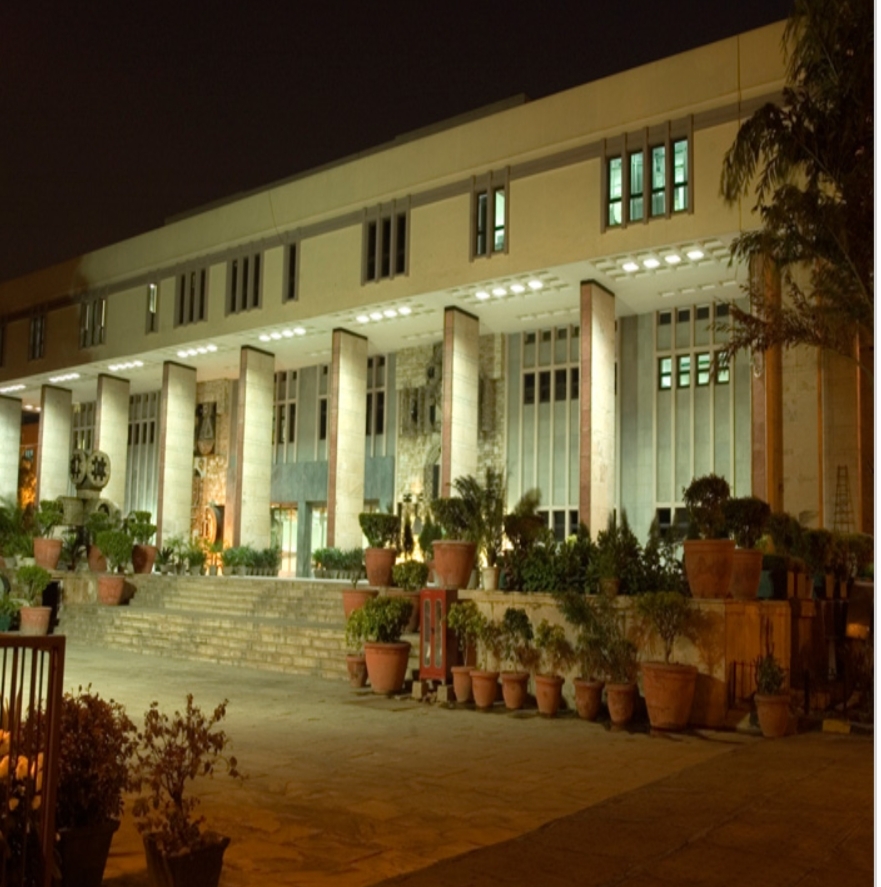In a global first, Wikipedia has taken down its article covering a proceeding in a litigation between itself and an Indian media giant. It was also compelled by the order of the Delhi High Court to release the details of anonymous editors who wrote contemptuous material on the website. This strikes at the heart of Wikipedia’s user democracy policy, wherein people can contribute information anonymously.
Case Background
Asian News International (ANI) is a popular media body in India. Wikimedia is the parent organization of Wikipedia, which is an online encyclopedia open for editing by all. Editors of Wikipedia can put forward any information on the platform in the shadow of anonymity. In a similar post on Wikipedia, users made comments about the news agency, saying it was “accused of having served as a propaganda tool for the incumbent central government, distributing materials from a vast network of fake news websites, and misreporting events on multiple occasions.” Against these statements, which ANI contends were made with “malicious intent,” it filed an action for takedown and ₹2 Crores in damages.
In September, the Single Judge of Delhi High Court, Justice Naveen Chawla, ordered the production of the information of these editors. In response to non-compliance by the social media intermediary, the judge warned that he would restrain Wikipedia’s operations in India. Regarding remarks made by the learned single judge in the matter, an anonymous user commented that the dictum was a threat to the “flow of information and knowledge” and “censorship” on a Wikipedia page covering the proceedings titled ‘ANI vs Wikimedia Foundation.’ In the aftermath, a division bench of the Delhi High Court took cognizance and directed the platform to take down the article and produce the information of the anonymous users, to which Wikimedia obliged by a court-bound settlement.
The Court, in a prima facie view, noted that the allegations against the impugned order of the single judge were a violation of the sub-judice principle, as Wikimedia is a defendant, and they must take down the article in question.
Crackdown On Intermediaries
In recent times, there have been multiple occurrences where data intermediaries have been brought to court and compelled to produce user information, which these companies use as a selling point to preserve. The Delhi High Court, in its order in Neetu Singh v. Telegram FZ LLC, directed Telegram to produce information about its anonymous users. Similar disclosures have been mandated for Facebook too. The judiciary does not accept the privacy argument that tech giants put forward. At the same time, the judiciary saved what could have been the end of free speech on social media by declaring the IT amendments mandating takedowns as per notifications by Fact-Checking Units.
This incident gives rise to the recurring tremor about the Indian IT regulation regime, which is being perceived internationally as malevolent to user privacy and internet autonomy. But beyond narrative perceptions, it is important to delve into what actions are a crackdown on reasonable privacy and what actions are actually based on the legal need to regulate the freedom the internet provides. This is because the restrictions on freedom, as under the constitution, are the actual anvil on which such freedom has to be assessed, not subjective understanding of the same.
Intermediary Protection In India
Under the Indian Information Technology Act of 2000 (the ‘Act’), the role of social media platforms has been recognized as that of a data intermediary, and they’ve been granted “Safe Harbor” protection under Section 79 of the Act. This prescribes that the intermediaries are not responsible for any content they host on their platforms until they comply with the other requirements under Section 79, which include non-participation by the intermediary in any act related to the content, due-diligence observance, and immediate takedown if notified by the government. Here, the ultimate consequence for maintaining “Safe Harbor” protection is compliance with government orders and takedown of information.
However, what the courts are attempting is to take it one step further and disclose the identity of users. Here, it is important to assess the reasoning adopted by the courts to pursue this action.
Disclosure Of Private Information
While reasoned written orders have not yet been put forth by the courts in the present dispute, it becomes incumbent to analyze previous rationales used by the judiciary to take this action.
The one dispute with adequate reasoning that comes to the fore is Neetu Singh v. Telegram FZ LLC, where a learned single judge of the Delhi High Court passed an order mandating Telegram to produce details of its users who infringed the copyright of the complainant. The first argument the Court took down was compliance with IT rules and the takedown of such information, understanding the context that such breaches can arise again by the same violators through different channels later, because re-access to these channels is very convenient. Secondly, the Court rejected the technical argument that policies of the intermediary don’t permit sharing of data. The Court preserved its inherent powers to maintain its dignity and secure obedience to the process.
Conclusion
This discourse brings to light an observation that the Indian courts recognize the handicap that Section 79 poses to actual mitigation of the problem—frequent offenders of restrictions on the Internet. The policies of the intermediaries prescribe privacy, and the legal regime asks for no more than a takedown.
The case of Wikimedia itself shows how this gap can give undue security to anonymous users of the internet who, in the name of freedom on the internet, can get away with their actions. It seems that the Indian judiciary has woken up to this lacuna and, with its inherent powers, has begun going after the actual roots of the issues emanating from the digital space.
Authors: Raisha Bansal & Alok Mourya

